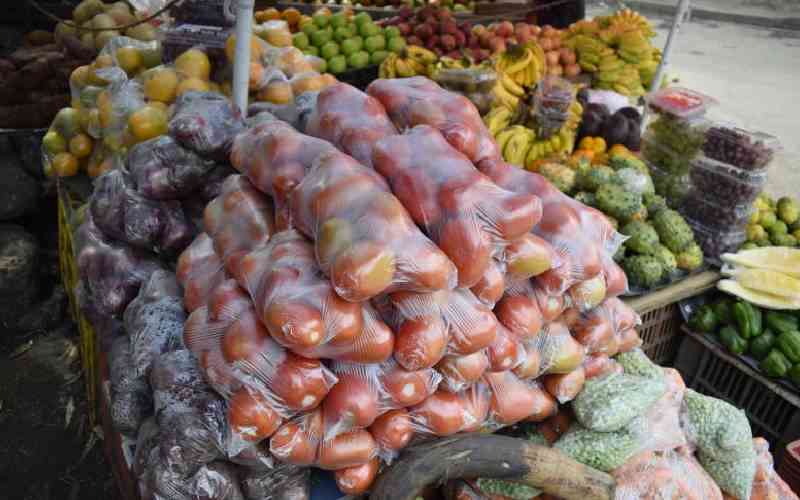×
The Standard e-Paper
Fearless, Trusted News

Kenya has made notable progress in environmental conservation in recent years, exemplified by initiatives such as the plastic bag ban, signaling our dedication to a cleaner, greener future.
However, amidst these commendable efforts, the National Environment Management Authority's open neglect to enforce its regulations is evidence of a stark hypocrisy that persists.